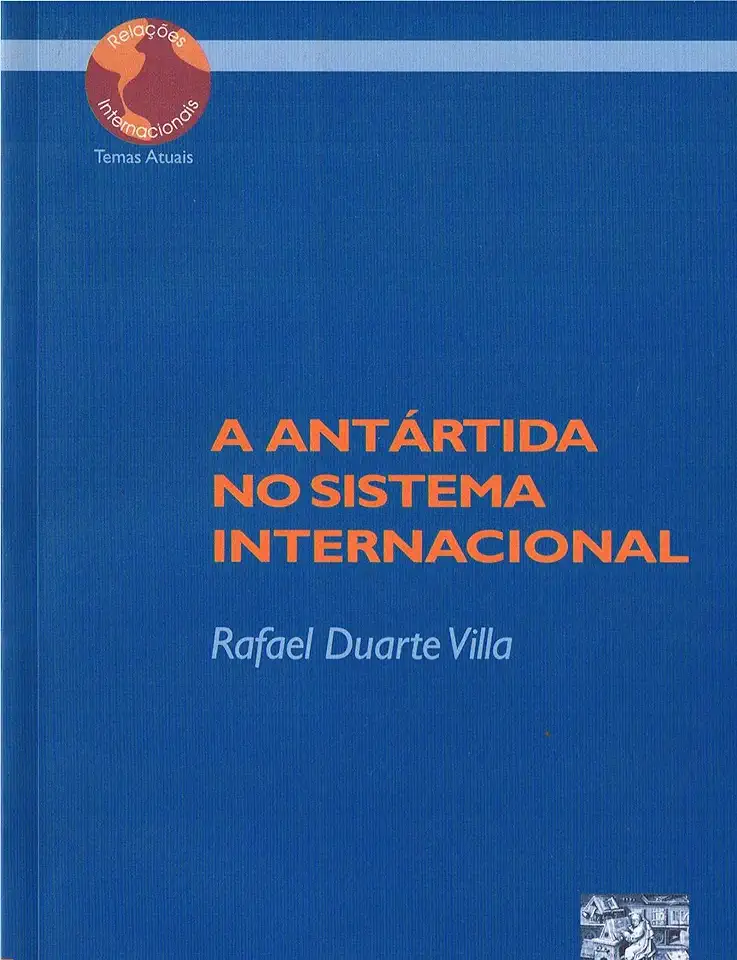
Antarctica in the International System - Rafael Duarte Villa
Antarctica in the International System: A Comprehensive Analysis
Introduction
In his groundbreaking book, "Antarctica in the International System," Rafael Duarte Villa offers a comprehensive and insightful analysis of the geopolitical dynamics surrounding the icy continent of Antarctica. Through meticulous research and expert analysis, Villa presents a compelling narrative that highlights the complex interplay of scientific research, environmental stewardship, and geopolitical interests that shape the international governance of Antarctica.
Scientific Research and Environmental Stewardship
Antarctica serves as a natural laboratory for scientific research, providing invaluable insights into climate change, geology, and biodiversity. Villa emphasizes the critical role of scientific collaboration and cooperation in advancing our understanding of the continent's unique ecosystems and their global significance. He underscores the importance of preserving Antarctica's pristine environment, advocating for sustainable practices and responsible resource management to ensure the continent remains a sanctuary for scientific exploration and environmental conservation.
Geopolitical Interests and Territorial Claims
Antarctica has long been a subject of territorial claims by various nations, leading to complex geopolitical dynamics. Villa provides a detailed account of the historical evolution of these claims, tracing their origins and analyzing the legal and political frameworks that govern them. He examines the delicate balance between national interests and the broader imperative of international cooperation, highlighting the challenges and opportunities in managing territorial disputes and ensuring peaceful coexistence in Antarctica.
The Antarctic Treaty System
The Antarctic Treaty System (ATS) stands as a cornerstone of international cooperation in Antarctica. Villa offers a comprehensive analysis of the ATS, examining its origins, key provisions, and its effectiveness in promoting scientific research, environmental protection, and peaceful cooperation. He evaluates the challenges facing the ATS in the face of evolving geopolitical dynamics, climate change, and the increasing presence of non-state actors, proposing innovative approaches to strengthen the treaty system and ensure its continued relevance in the 21st century.
Emerging Issues and Future Prospects
Villa concludes his analysis by exploring emerging issues and future prospects for Antarctica. He discusses the growing interest in Antarctic resources, the implications of climate change on the continent's ecosystems, and the need for enhanced international cooperation to address these challenges. By providing a forward-looking perspective, Villa encourages readers to consider the critical role of Antarctica in shaping global environmental governance and international relations.
Conclusion
"Antarctica in the International System" is a must-read for anyone interested in understanding the complex interplay of science, politics, and environmental stewardship in Antarctica. Rafael Duarte Villa's comprehensive analysis provides a valuable resource for scholars, policymakers, environmentalists, and anyone passionate about the future of this unique and fragile continent.
Enjoyed the summary? Discover all the details and take your reading to the next level — [click here to view the book on Amazon!]